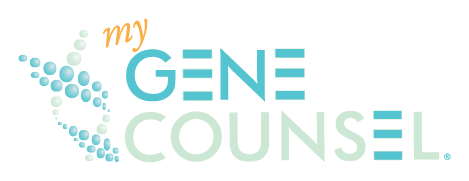In 2022, many new therapies and tests for cancer were approved, but a significant number of patients are still not receiving appropriate therapies. Suboptimal testing paradigms, reimbursement issues and physicians’ inability to keep up with rapidly advancing science are all factors disrupting patient access to care. The number of precision oncology treatments approved by the FDA was also lower compared to prior years, which could be due to access barriers and regulatory uncertainties. The FDA approved 21 precision cancer treatments in 2022, such as Immunocore’s Kimmtrak for patients with rare eye cancer, and AstraZeneca and Daiichi Sankyo’s Enhertu for previously treated advanced non-small cell lung cancer patients and advanced breast cancer patients. Despite the progress in treatment and testing, the issue of access barriers and regulatory uncertainties remains.
Also in 2022, the precision oncology space was hit by economic challenges that led to layoffs and restructuring in several drug and diagnostics companies. While some genetic testing companies had a good year due to higher growth, other companies like had to file for bankruptcy and sell off assets. Despite the challenging macroeconomic environment pandemic-related barriers to growth in the healthcare sector are expected to further dissipate in 2023, with test reimbursement trending in a positive direction. Moreover, Myriad Genetics’ decision to begin sharing variant data in public databases is also a significant move in the genetic testing space.
Read the full article here.


